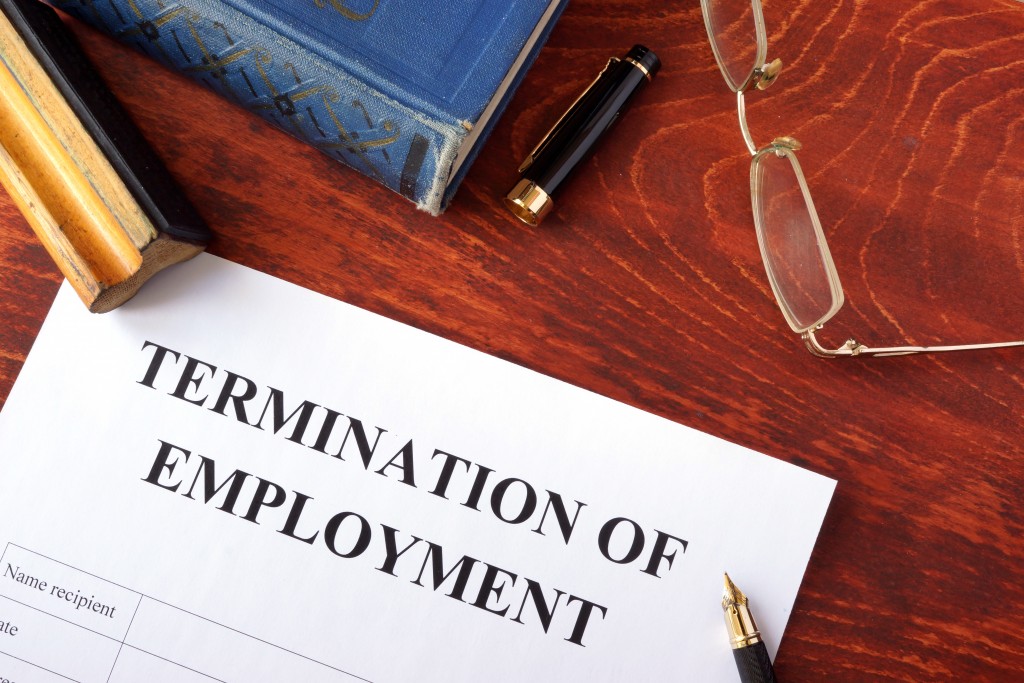At the workplace, the workforce should always be at their peak performance to perform well in different tasks throughout the day. However, there will be times that employees can make mistakes, especially when they are multitasking different tasks and obligations. While some infractions and mistakes can be easily remedied, some infractions have serious consequences and could often lead to legal action and even termination on-the-spot.
Sometimes, terminating an employee might not be the best decision, especially if they’ve been in the company for years and might be a better asset. But you might be left in a rock and a hard place when you have to treat everyone equally at the workplace by strictly imposing policies. Thus, you must consider several different factors on whether firing the employee will do more harm than it will do good. Is the infraction serious? What is the case at hand? You’ll need to take many different factors into account when it comes to terminating an employee.
Although it might seem like firing an employee should be a simple process, weighing-in on the factors can reduce any legal entanglements that you might have with the workforce. Here are some factors that you should take into account.
Consider Any Individual Employment Agreements
In most cases, employees are usually hired with a written agreement in the form of a contract. The written agreement will also be determined by certain laws in the country. For those living in the United States, some workers are employed with an “at-will” agreement, which means that they can be terminated without the need for the employer to give any further reason. Whether it’s a bad reason or no reason at all, it’s no considered illegal since it was part of the agreed-upon terms.
Many employers and business owners will distribute handbooks of different written policies to employees, especially at at-will employment. However, there are still two exceptions to this status of “at-will,” and that is through:
- Collective bargaining
- Individual employment agreements
There’s going to employees that join unions so that they can’t just be terminated without a justifiable cause. In other cases, the person is already a senior in the workplace. On the other hand, individual employment contracts will limit termination without any justifiable cause and unemployment pay.
Retaliating with Allegations and Claims
Oftentimes, business owners and much of the human resource department can find it a direct threat if employees file a written complaint that deals with discrimination, pay disputes, and harassment at the workplace. This is one of the first early symptoms of a union and the first agenda that the upper management will have to get rid of the employee that might be stirring up trouble.
Even if you have a justifiable cause in terminating the employee, different laws protect employees from being terminated. This means that whatever the circumstance may be, employees will have retaliating claims after being terminated or any employment action that’s done to them.
Still, it’s important to note that taking legal action should always be the last resort. If ever the other party might be seeking legal advice and counsel from legal professionals regarding their situation, you must have the proper evidence and documents that can support your case. Fortunately, with the help of a business law firm, you’ll have legal professionals give you a comprehensive resolution to your legal dispute with the other party. Having professional help and supervision can ensure that the likelihood of you winning your case is much higher.
Consider Your Competition

Again, your employees are your business’s biggest asset. If you have invested time, money, and effort into developing their skills, they could be better off using those skills in your business rather than the business of others.
Right before you do lay off your employee, it’s important to review any written agreement and restriction that is in place to stop them from moving towards your competition or any industry in the area that might be competing with your business. If these restrictions are in place, it’s important to remind the laid-off employee that they shouldn’t conduct business with other businesses that the company considers competition.
If your employee is quite adamant about working for the other company, you might want to consider having a non-compete provision so that they’ll find work elsewhere that isn’t your competitor.
Right before you do terminate someone, it’s important to weigh in on these factors since this can affect much of your company’s economy and prospects. In some cases, retaining the employee and motivating them to work harder is one of the better choices.

